-
Welcome to Tacoma World!
You are currently viewing as a guest! To get full-access, you need to register for a FREE account.
As a registered member, you’ll be able to:- Participate in all Tacoma discussion topics
- Communicate privately with other Tacoma owners from around the world
- Post your own photos in our Members Gallery
- Access all special features of the site
Towing and brake pad choice
Discussion in '2nd Gen. Tacomas (2005-2015)' started by korny351, Oct 9, 2010.


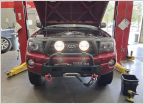 Keeping track of my stuff
Keeping track of my stuff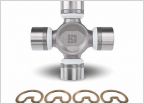 MKII 4x4 rear drive shaft u-joints
MKII 4x4 rear drive shaft u-joints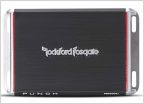 JBL basspro
JBL basspro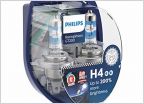 Right headlight blowing
Right headlight blowing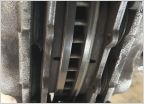 Rattling Front Brake
Rattling Front Brake













































































